

Dementia and memory loss impact millions worldwide, often challenging families and caregivers on a daily basis. Understanding how to support loved ones or manage symptoms effectively is more important than ever—especially as research surfaces new, practical treatments. Today, there's a range of accessible interventions designed to help maintain cognitive function, both for those experiencing early signs and for those further along in the journey. Many of these treatments can be implemented immediately, within one's own home or community, offering hope and support through evidence-based practices.
The strategies available today combine structured cognitive exercises, lifestyle modifications, and emerging technologies to enhance daily living and slow symptom progression. Some focus on mental stimulation, while others emphasize social connection or physical health, all demonstrating meaningful impacts regardless of age. With innovation accelerating, people now have more choices than ever to engage proactively and seek meaningful improvements in cognitive function and quality of life.
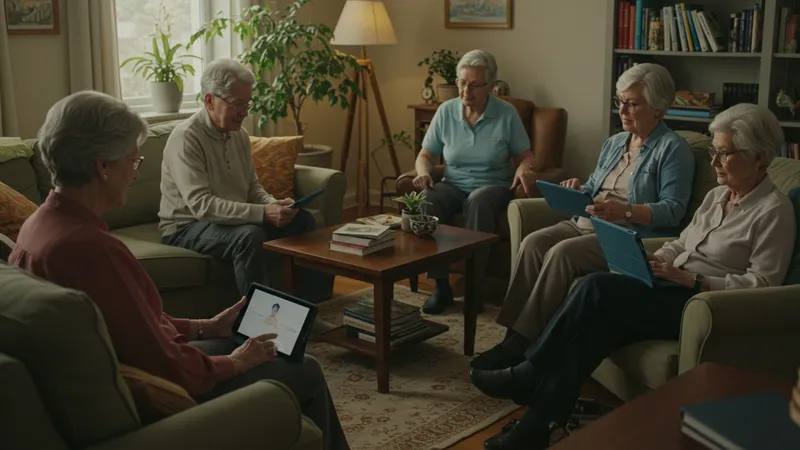
Cognitive training using platforms like Lumosity provides a convenient way to stimulate different parts of the brain. These digital solutions target areas such as attention, problem-solving, and memory recall through science-backed games. Many users report improvements in focus and mental agility after regular use. With options for both computer and mobile, these resources make it easy for people to start making a difference in cognitive health from home.
Physical activity is another crucial component of dementia and memory loss treatment. Studies show that regular movement—whether through walking groups, dance classes, or gentle yoga—can improve blood flow to the brain and support the growth of new neural connections. Participation in structured exercise not only encourages a healthy routine but can also enhance mood and well-being for those living with memory loss.
Music-based interventions, such as the Music & Memory program, harness the strong link between auditory stimulation and long-term memory. Personalized playlists often trigger positive emotions and recall of cherished memories, offering therapeutic benefits that extend beyond the music itself. This approach stands out for its adaptability and meaningful impact on quality of life for individuals at various stages of cognitive decline.
Each treatment method offers its unique set of strengths, and combining them may amplify their effectiveness. From digital tools to community-based resources and simple musical experiences, these strategies reduce barriers to care and empower individuals and caregivers alike. Next, we’ll examine how to evaluate these treatments for personal needs and explore emerging trends influencing their effectiveness. The deeper details reveal even more valuable insights ahead…
Each type of dementia and memory loss treatment brings a distinct set of benefits and challenges. Cognitive training platforms such as Lumosity are widely recognized for their ability to target specific mental skills in a structured manner. While some people experience gains in short-term memory or attention, others find the exercises most helpful for maintaining mental routine and engagement.
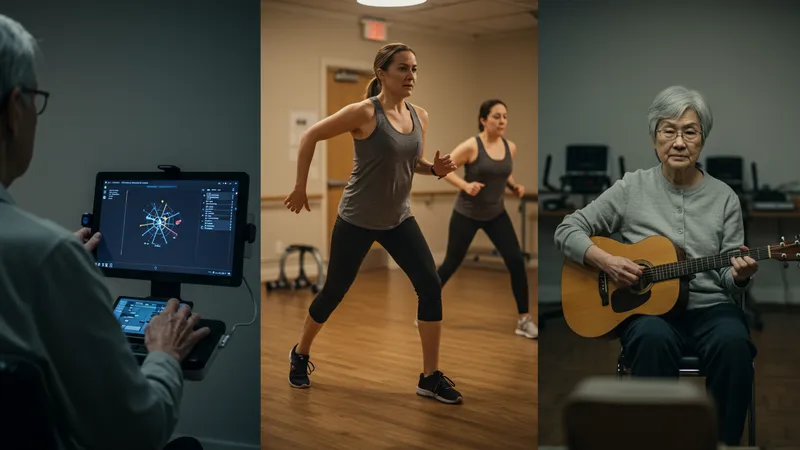
Structured physical activity programs excel at providing benefits that extend beyond cognition. Regular movement increases endorphins and supports cardiovascular health, both of which are indirectly linked to brain function. Unlike more solitary cognitive training, physical activities often also foster social interaction, a vital component for emotional well-being in those facing memory loss.
Music-based treatments, notably personalized playlist initiatives, focus heavily on emotional comfort and triggering meaningful, long-term memories. This can be particularly effective for individuals with declining communication abilities, as music remains accessible even when language is difficult. Many caregivers observe improved socialization and calming effects after implementing music therapy regularly.
It’s important to note that these approaches are not mutually exclusive. In fact, integrating two or more of these strategies often results in better outcomes. Someone may follow a physical activity program in the mornings, participate in brain games midday, and enjoy guided music sessions in the evening, creating a comprehensive routine that supports multiple cognitive domains.
One of the greatest advantages of today’s dementia and memory loss treatments is how accessible they have become. Lumosity and similar cognitive platforms are available on smartphones and computers, requiring only a brief sign-up to start. Many offer free versions to lower the barrier for entry while premium features enhance the experience for those seeking more targeted support.
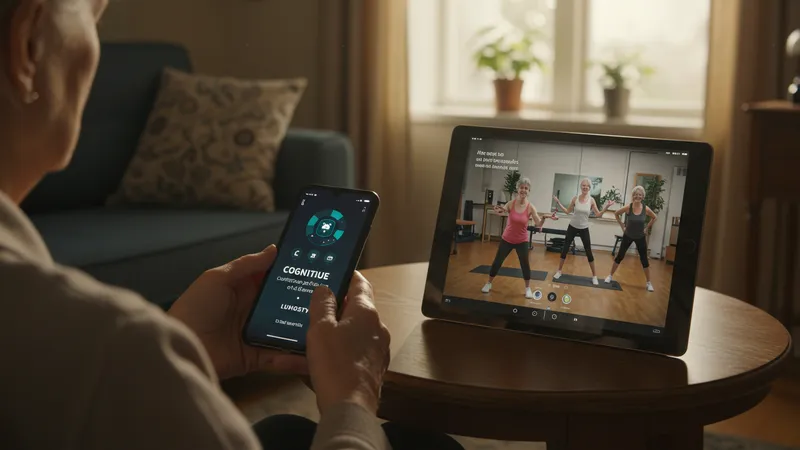
Physical activity programs, whether online or in community centers, cater to a variety of fitness and mobility levels. Many organizations provide low- or no-cost access to classes tailored for older adults or those facing cognitive challenges. These programs frequently encourage group participation, reducing isolation and motivating individuals to stay active and connected.
Music therapy, specifically through organizations like Music & Memory, is uniquely simple to implement. Family members can curate playlists based on personal history and preferences, using existing devices such as smartphones or music players. For those seeking additional structure, dedicated programs offer guidance on song selection and usage.
Accessibility makes these treatments particularly attractive for people in various living situations, whether at home, with family, or in assisted settings. Individual and caregiver commitment are the main requirements for successful implementation, ensuring that even limited resources don’t stand in the way of meaningful engagement and improvements.
Numerous studies support the use of cognitive training, physical activity, and music interventions for individuals experiencing memory loss. For cognitive exercises, research demonstrates small but noticeable improvements in memory, processing speed, and executive function, particularly when used regularly over time. Many platforms, such as Lumosity, provide tracking tools to monitor progress and adapt exercises for maximum benefit.
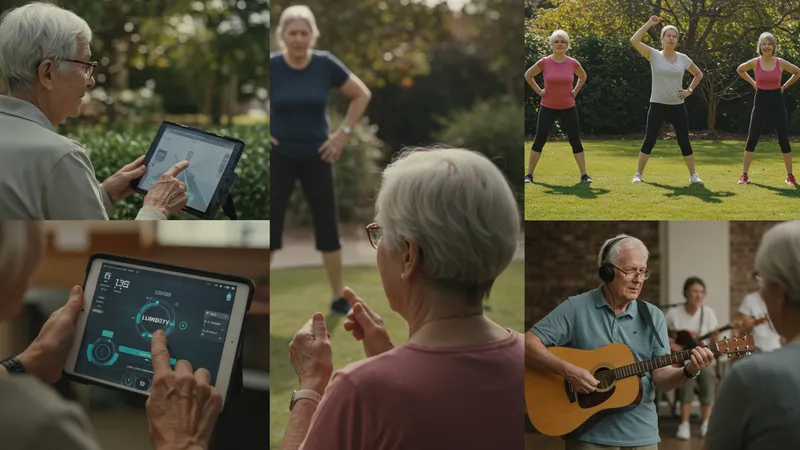
Physical activity is backed by substantial evidence showing both cognitive and general health gains. Regular exercise contributes to better blood flow in the brain and may delay the acceleration of symptoms. While individual outcomes can vary, many programs track improvements in mobility, balance, and day-to-day task completion as indirect measures of cognitive health.
Music therapy has emerged as a gentle yet powerful tool, offering emotional connection and stimulating autobiographical memory. Researchers note that personalized playlists can lead to fewer behavioral disturbances and improve mood, making it a favorite among caregivers. While the direct cognitive impact may be modest, the improvement in life quality is well-documented.
Measuring outcomes begins with setting clear, attainable goals. Individuals and families can use simple checklists or app-based trackers to document improvements in mood, memory, and engagement. This regular assessment turns treatment into a dynamic process, responsive to evolving needs and preferences—a key factor for those addressing dementia and memory loss.
As dementia and memory loss progress, the need for adaptable treatments grows. Flexible programs that can shift focus as abilities change are crucial. Cognitive platforms like Lumosity update routines based on performance, making it easier to maintain engagement even as cognitive capacity shifts. Caregivers also benefit from guidance built into many of these digital tools, ensuring ongoing relevance.
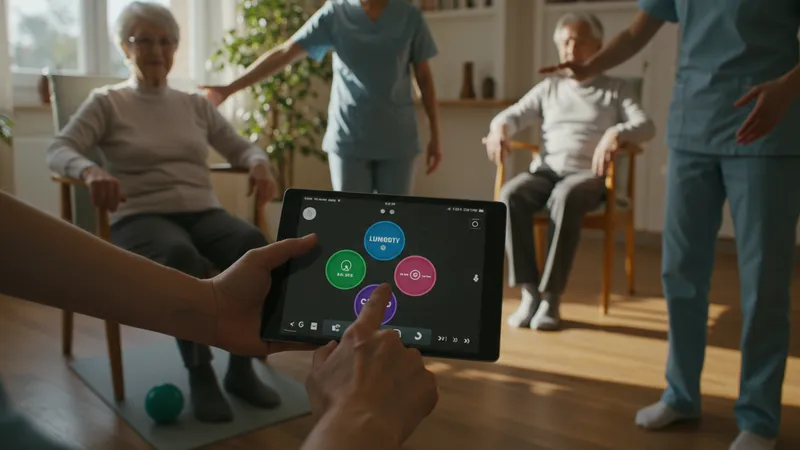
Physical activity can be modified from vigorous group classes to gentle stretching or chair-based exercises, maintaining involvement without overwhelming participants. Many programs supply alternative routines or individualized coaching to keep activity enjoyable and accessible at all stages of cognition and mobility.
Music interventions are easily tailored to personal preference and capacity. When active participation in singing or dancing becomes challenging, simply listening to familiar songs continues to offer emotional comfort and a sense of connection. Families often update playlists to reflect changing tastes and trigger positive responses, regardless of verbal or physical ability.
Ultimately, the most effective approach is reconsidered over time, responding to the person’s strengths, interests, and comfort level. By focusing on adaptability and personal engagement, caregivers and individuals can navigate the evolving nature of dementia with resilience and dignity, leveraging available treatments for optimal support.